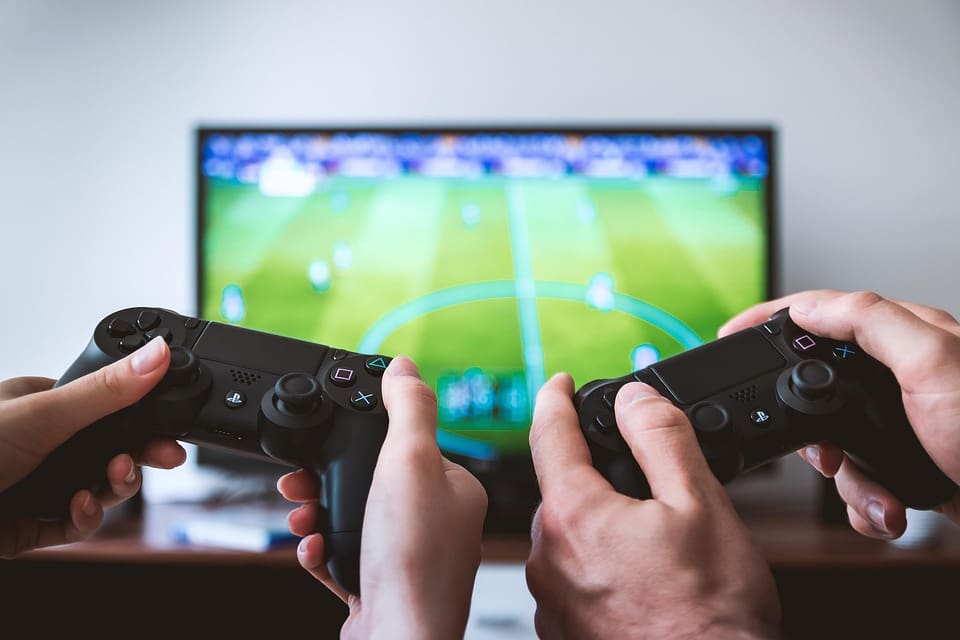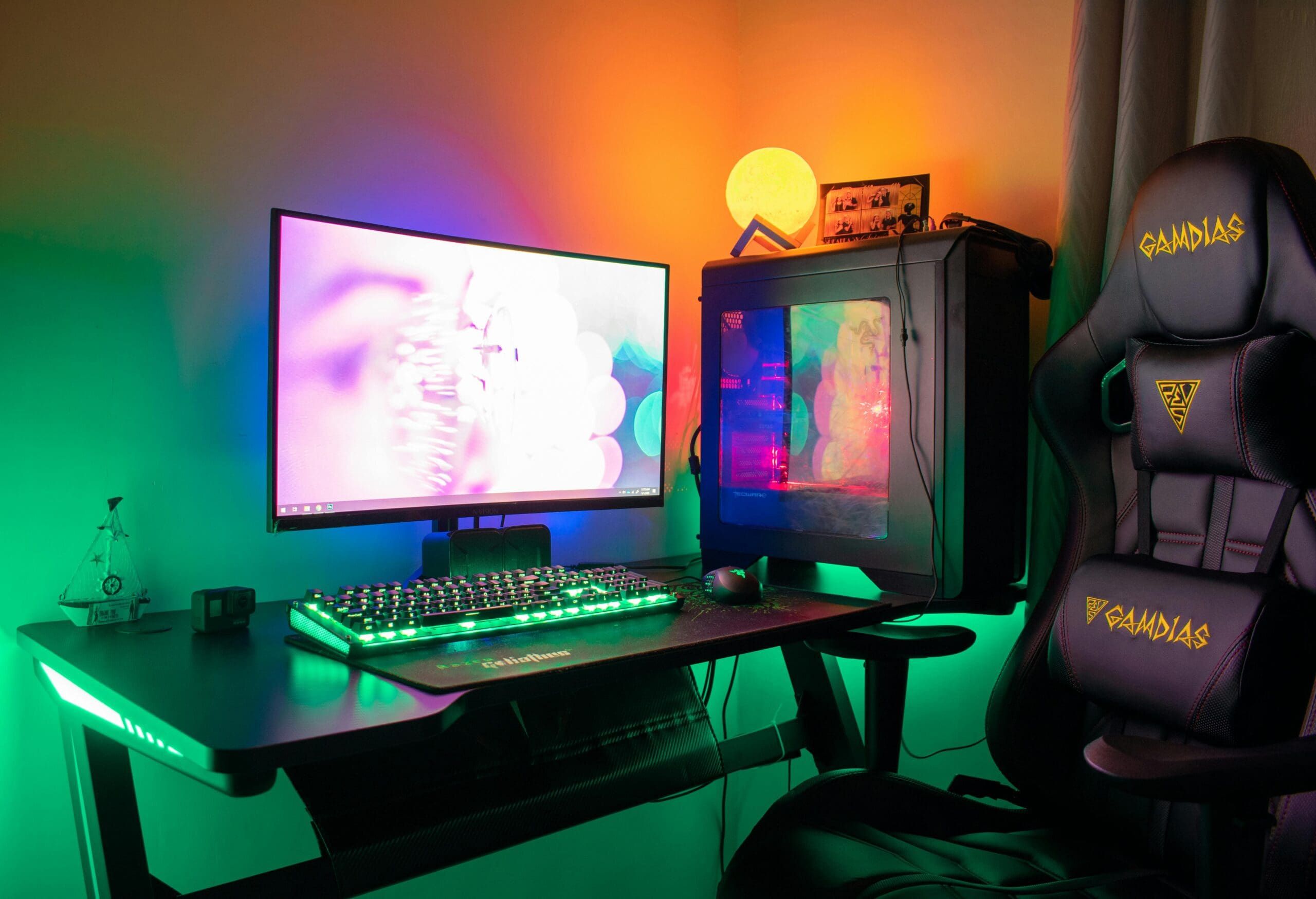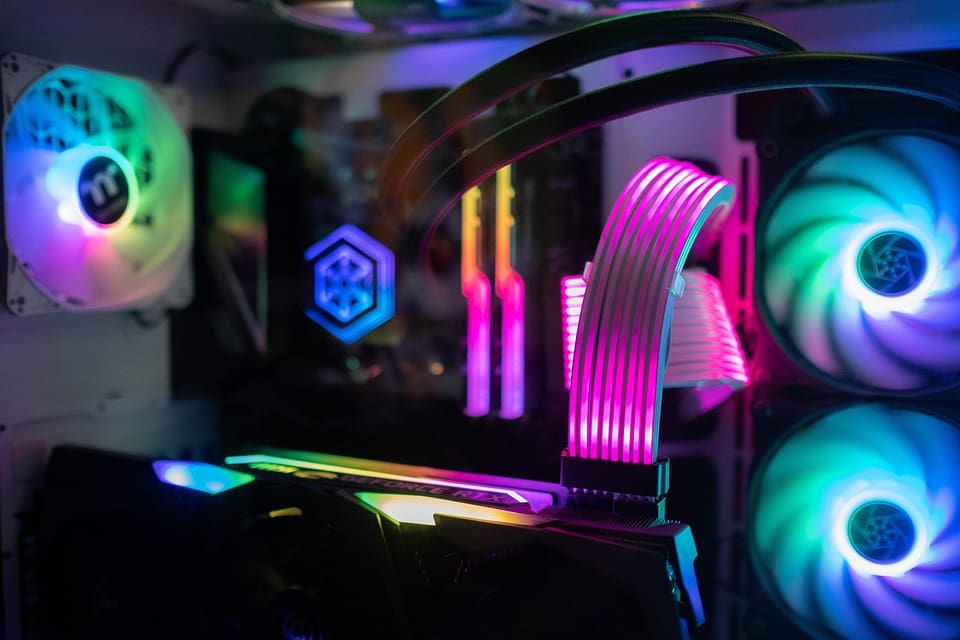Introduction
Gaming PCs have become increasingly popular among gamers due to their ability to deliver high-quality graphics and smooth gameplay. However, these powerful machines require proper maintenance and troubleshooting to ensure they perform at their best. In this ultimate guide, we will cover essential tips and tricks to help both beginners and advanced users troubleshoot their gaming PCs for optimal performance.
Why This Topic Matters
Understanding how to troubleshoot your gaming PC is crucial for gamers who want to enjoy a seamless gaming experience. Poor performance can ruin the gaming experience and lead to frustration. By optimizing and maintaining your gaming PC, you can ensure smooth gameplay and prevent hardware failures. Here are a few reasons why this topic is important:
- Performance Impact: Proper troubleshooting can improve FPS, reduce load times, and enhance system efficiency.
- Common Issues: Many gamers struggle with overheating, software conflicts, and hardware compatibility issues.
- Long-Term Benefits: By optimizing your gaming PC, you can extend its lifespan and avoid costly repairs or upgrades.
Step-by-Step Guide / Essential Tips
1. Clean Your PC Regularly
One of the most important steps in troubleshooting your gaming PC is to keep it clean. Dust and debris can accumulate inside your PC, causing overheating and performance issues. Use compressed air to clean out the dust from your PC components, especially the CPU and GPU fans.
2. Update Your Drivers and Software
Outdated drivers and software can cause compatibility issues and performance problems. Make sure to regularly update your graphics card drivers, motherboard drivers, and game software to ensure optimal performance.
3. Monitor Your Hardware Temperatures
Overheating is a common issue in gaming PCs and can lead to performance throttling or hardware damage. Use monitoring software like HWMonitor or MSI Afterburner to keep an eye on your CPU and GPU temperatures while gaming.
Common Mistakes to Avoid
- Ignoring Software Updates: Failure to update your drivers and software can lead to performance issues and compatibility problems.
- Not Cleaning Your PC: Neglecting to clean your PC can result in overheating and reduced performance.
- Overclocking Without Proper Cooling: Overclocking your CPU or GPU without adequate cooling can lead to overheating and hardware damage.
Advanced Optimization Tips
For advanced users looking to further optimize their gaming PC, here are some additional tips:
- Optimize your game settings for maximum performance.
- Consider upgrading your hardware components for better gaming performance.
- Use performance monitoring tools like MSI Afterburner or CPU-Z to track your system’s performance.
Final Thoughts
By following the tips and tricks outlined in this guide, you can troubleshoot your gaming PC for optimal performance and enjoy a smooth gaming experience. Whether you are a beginner or an experienced gamer, taking the time to maintain and optimize your gaming PC will ensure that you get the most out of your gaming rig. Remember to regularly clean your PC, update your drivers and software, and monitor your hardware temperatures to prevent performance issues and hardware failures.
💬 What has been your biggest challenge with troubleshooting your gaming PC? Share your experiences and tips in the comments below!


